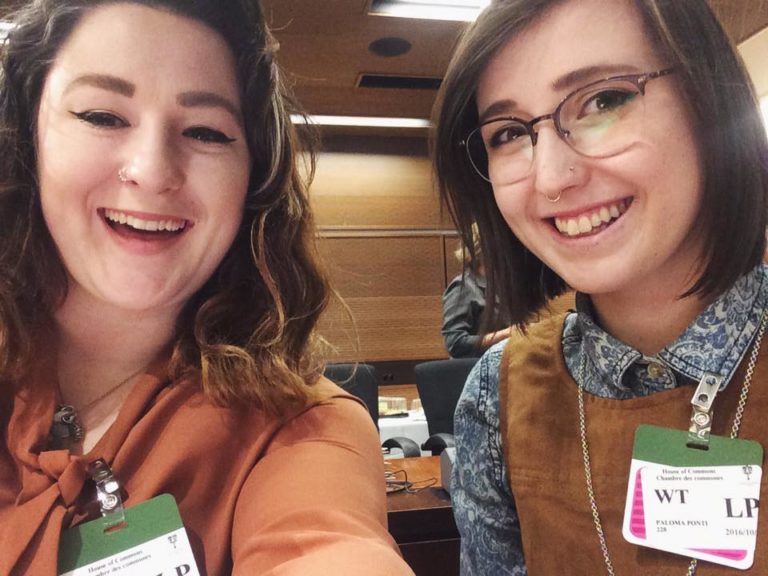Resistance
In our work at the Anti-Violence Project, we strive to honour everyone’s resistance to violence.
We are not generally taught to see resistance in more ways than just physical resistance, or “fighting back” or “saying no”. There are many, many ways that people resist when facing violence.
Whatever someone did when experiencing violence was what was needed at the time. Perhaps it was important to remain silent or to say whatever the survivor said, in order to stay alive or get away.
In this mainstream society there are many messages that blame people who have experienced violence, for the violence someone has inflicted on them. This means that the person committing violence is not so much the target of questions, such as “Why did you hurt that person?”, but instead the person who has to endure the violence is asked, “Why didn’t you fight back?” or “Why did you go there with that person?”
As stated by UBUNTU, “Sexual violence is never the responsibility of the survivor. Our culture blames survivors of sexual assault for alcohol and drug use, for their occupations, their moral choices, their decision-making, and the intensity of their struggle in the moment of their assault. We reject these assertions. Sexual violence is always the responsibility of the person who committed the violence. Blaming someone for the violence that they have experienced is never okay. It’s never anyone’s fault if they have experienced violence.”
At AVP, we strive to honour people’s resistance and to address the norms and myths that suggest that survivors of violence are to blame for the violence they have experienced.
The following articles are about resistance and response-based approaches:
- Richardson, C., & Wade, A. (2008). Taking Resistance Seriously: A Response-Based Approach to Social Work in Cases of Violence Against Indigenous Women. In S. Strega & J. Carriere (Eds.), Walking This Path Together: Anti-Racist and Anti-Oppressive Child Welfare Practice. Winnipeg, MB: Fernwood.
- Todd, N. & Wade, A. (2004). Coming to terms with violence and resistance: From a language of effects to a language of responses. In T. Strong and D. Paré (Eds.) Furthering talk: Advances in the discursive therapies (pp. 145-161). New York: Kluwer Academic/Plenum.
- Wade, A. (2002). From a Language of Effects to Responses: Honouring Our Clients’ Resistance to Violence. New Therapist, September/October (eds).
- Wade, A. (2000). Resistance to Interpersonal Violence: Implications for the Practice of Therapy. Unpublished Doctoral Dissertation, Department of Psychology, University of Victoria.
- Wade, A. (1997). Small Acts of Living: Everyday Resistance to Violence and Other Forms of Oppression. Contemporary Family Therapy. Vol. 19(1), 23-39. (Also appears in French in Therapie familiale, Geneve, 1999, Vol. 20, No. 4, pp. 425-438.)
- Renoux, M. & Wade, A. (2008). Resistance to Violence: A Key Symptom of Chronic Mental Wellness. Context, 98, 2-4.




